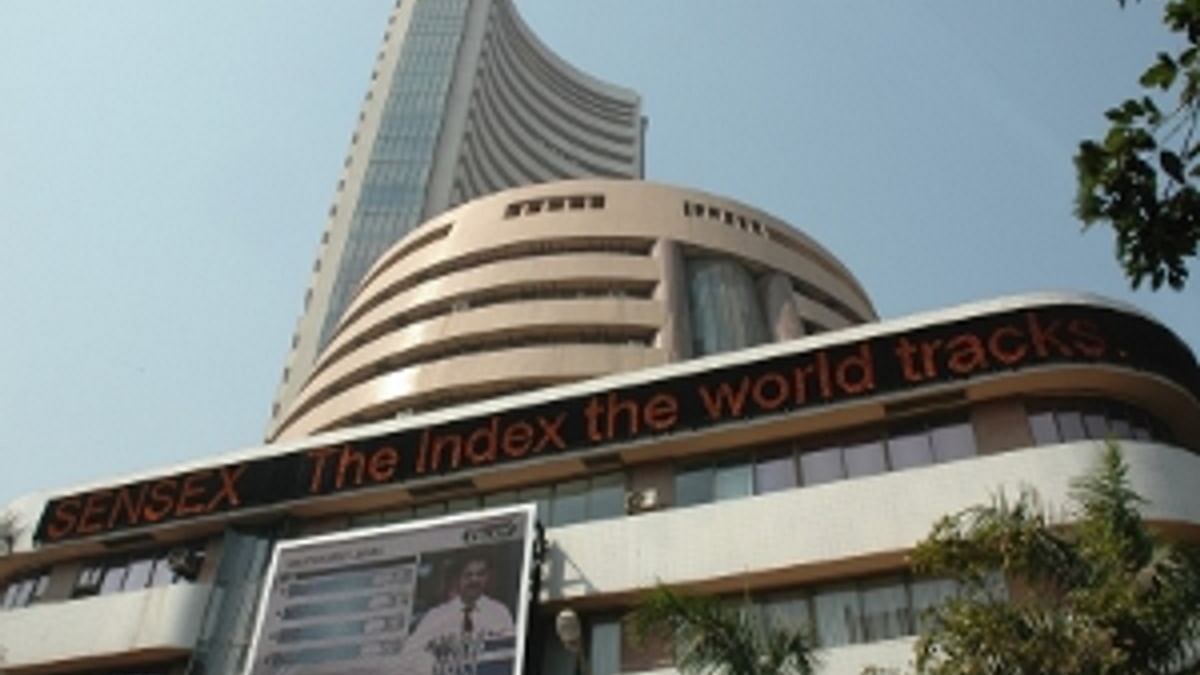Indian stock indices traded in the red on friday morning partly due to profit booking after they peaked this week and on indications that the global fight against inflation, as indicated by various central banks, is far from over. The current high market valuations may have temporarily discouraged investors. Benchmark Sensex and Nifty were down between 0.4 and 0.5 percent as of the time this piece was being written. The benchmark market, the Sensex, reached an all-time high on wednesday after many sessions of strong trading.
“The market’s momentum has slowed down since the Sensex reached record highs. Globally, the markets are not now in a positive attitude. According to VK Vijayakumar, Chief Investment Strategist of Geojit Financial Services, “the big wall of worry continues to the rising interest rates.” “The message from the leading central banks, reiterated by the Fed in its recent Congressional testimony, is that they will not let down on containing inflation and there is a long way to go before the inflation target of 2 per cent is reached,” Vijayakumar added.
In India too, RBI indicated that the fight against the price rise is not yet over but its job is half done.
RBI Governor Shaktikanta Das said bringing back inflation levels in India to the comfortable range is like a job half finished, adding that the fight against the price rise will have to be in a way where inflation figures are aligned around 4.0 per cent on a durable basis.
Retail inflation currently in India is a notch above the ideal 4 per cent target, against the tolerable window of 2-6 per cent.
The inflation in the US and India is moderating, but what is to be seen is whether this trend is sustainable.
“We’re seeing profit taking at higher levels due to feeble global cues but the tone is still positive,” said Ajit Mishra, SVP – Technical Research, Religare Broking Ltd.
According to financial services company Emkay Wealth Management, all three primary asset classes — stocks, fixed income and gold are in play – but they believe some select small and mid-cap stocks can outperform as the valuation gap with their larger peers closes. Emkay Wealth stated that now that the apex of the cycle of rising commodity prices has passed, it prefers structural growth firms above cyclical ones.
According to Ashish Ranawade, Head of Products at Emkay Wealth Management, “Asset allocation is always the key to generating steady returns. Among the various asset classes we are seeing a lot of traction and opportunities in the small-cap space in India. Also, manufacturing and consumer-focused companies are expected to do well in the next few years due to favourable government policies and favourable demographics at play.”







